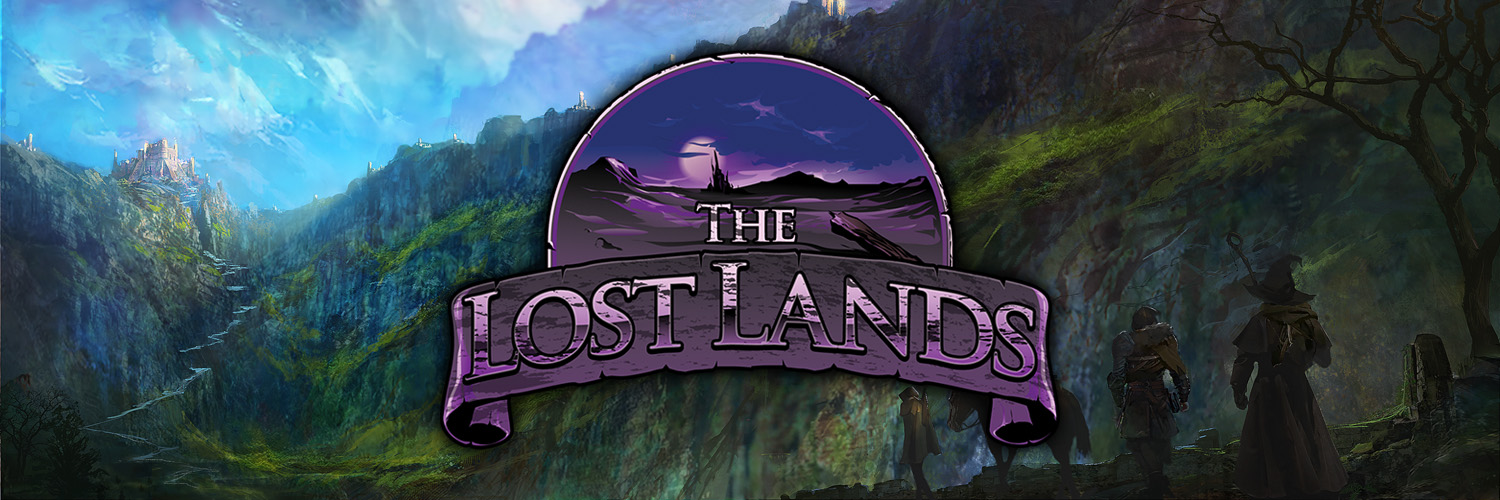Timbertown
Founded just in time to be large enough to participate in writing the Tycho Free States Accords, Timbertown was built atop the ruins of a long-abandoned Castorhagi labor colony called Treefall. As can be discerned from the thematic similarity between the old and current name, the town is ideally located for the transportation, curing, and export of timber. Poised at the very well-behaved mouth of the Queensribbon River, Timbertown is where all the lumber felled farther up the Queensribbon is hauled ashore, prepared for sale and sea voyage, and then hoisted aboard merchant ships for distribution.
There are three main sections to the Timbertown city-state. East Town sits right near the sea and is primarily dedicated to fishing, crabbing, ship-building, and sea salt refinement. West Town sits on the river a little farther inland and is primarily dedicated to the timber industry. North Town, above and between the two, is more like a kind of trading post for farmers, hunters, trappers, and other rural or wilderness professions.
All three of Timbertown’s populations fluctuate wildly with the seasons, with variations from industry to industry. West Town is all but deserted in spring and early summer, as loggers trek upriver to fell trees and send them back down lashed together in large rafts. North Town, by contrast, sees a steady influx of seasonal residents beginning in late-spring, reaching its peak population for the year at the fall harvest festival and dropping off sharply again for winter.
East Town’s population is the most stable, with the majority of residents living in the city year-round. However, because of the seasonal influx of people during the late summer and early fall in both West and North towns, many Crescent Sea independent merchant ships put to port in Timbertown for several months of each year, stopping for repairs and allowing their sailors to work seasonally as additional fishers because there would otherwise never be enough food in town to satisfy the hardworking and hungry loggers who produce no food of their own. Some of these ships overwinter in the large natural harbor south of Timbertown, adding yet another quirk to the Timbertown population flux.
Religion
Another Free States town with a large indentured population, Timbertown’s chief article of faith is that those who work hard and work smart will always do well. Thus, you can tell who the hardest, smartest workers are by who has the most money.
Many gods are worshipped, and any religions common anywhere around the Crescent Sea can be found here, but in permanent Timbertown residents there is almost always this “cosmic fairness” overlay to any worship: the people doing well are the best people, and the people doing poorly must deserve it somehow.
Trade and Commerce
Trade and commerce are everything to Timbertown, with the highest profits coming in, on average, from the timber for which the town is named. The second most lucrative profession in Timbertown is sea salt refinement. Timber-uns have been known to claim their salt tastes the best in all the world and is the secret to the excellence of Bogsweat’s salted fish.
Loyalties and Diplomacy
Of all the “states” in the Tycho Free States, Timbertown has the most delicate balancing act to play with their elven neighbors in the Green Warden Forest. Timbertown values place profits above all else, but the elves couldn’t care less about money, and are concerned only for the wellbeing of the forest and its living things. The elves are also typically believed by Timber-uns to all be archdruids and human-haters.
Timbertown is bitter about the military superiority that requires them to follow elven rules about land-use along the edge of the forest, and now and again a greedy or desperate Timbertowner crosses a line with regards to elf-imposed regulations. So far, the Timbertown government has always managed to respond to such infractions in a manner that keeps the elves placated, but many believe that relations between Timbertown and the Green Warden Nations are a powder keg waiting to blow, and this in turn shakes the foundations of the ever-wary peace between the Free States and the Nations.
Within the Free States, Captain Evangeliana Akadearg of Freetown, to the north, owns and operates a highly successful lumber business through Timbertown. Wealthy and successful enough to sit on the Timber Council every year, she is the elected leader of another town and does not maintain a residence in Timbertown, thus barring her from council membership. Nevertheless, being wealthy, she embodies the ideals of success foundational to the Timbertown faith … and she is highly and vocally critical of the Timbertown system and works constantly to teach ideals of freedom and justice whenever she passes through the region.
It is broadly understood that if Timbertown’s poor and indentured were ever to rise up against their oppressors, Captain Akadearg would be there to support them with her Freetown “navy.” In the meantime, she is suspected of regularly harboring fugitives from Timbertown “justice” and spiriting them away northward to her own city-state.
Government
The leaders of Timbertown are always the 19 wealthiest business owners in the city. Each fall, after harvest season, all registered taxpayers in the city are encouraged to gather together, where they elect a team of auditors who spend the winter reviewing the finances of those who might be among the town’s wealthiest people. At Winter Solstice, the top 19 become the year’s Timber Council and elect a new chair from amongst themselves every season.
The make-up of this council rarely shifts much from year to year. Timbertown laws overwhelmingly favor the wealthiest, most-established business-owners over the poor and over the smaller business-owners. Order in Timbertown is maintained almost entirely by employers who punish the crimes of their employees in whatever way they see fit (with docking of pay being a common punishment). Independent workers who commit crimes are either punitively indentured for a specified period or driven from town, as is anyone convicted of the crime of unemployment.
Employers who commit crimes are generally fined. If the fine is more than they can pay, their assets are seized as a punitive tax, and they and their families are indentured to pay the debt. Their employees are given one month (or three months in winter) to find new work before being convicted of willful unemployment. The Timber Council’s job, other than its own prosperity, is to mediate disputes between business owners. In general, they tend to find in favor of the wealthier party, save when political or business machinations would for some reason make it more advantageous to find in favor of the smaller business.
The majority of Timbertown residents seem to stubbornly believe that this is the way things should be, and that if they are smart enough and work hard enough, they too will one day be rich enough to sit on the Timber Council and tell other people what to do.
Military
Timbertown keeps a small, largely-mercenary militia and navy to defend its wealth from thieves and pirates. Any larger force, however, tends to be taken as hostile posturing by the elves, who would prefer there be no armed forces anywhere in the Free States, especially in Timbertown.
Major Threats
Timbertown faces three potential major threats. Always in the forefront of the Timbertown lumber-barons’ minds are the elves. While in reality, the elves are only likely to become a threat if the town’s agreements with them are broken, their proximity, power, and alien thinking make the threat seem larger in Timbertowner minds.
A more constant threat is that of coastal piracy. While matters have improved since the Ilber Nole community signed the accords to join the Free States, relations between Timbertown and Ilber Nole are wary, and many Timber-uns believe that the Ilber Nole pirates only bide their time, waiting to attack. Should relations between Timbertown and Captain Akadearg of Freetown ever sour, Timbertown could find itself insufficiently defended by sea, easy prey for reavers.
Finally, Timbertown’s policies toward its own people threaten the city-state from the inside. If unrest ever rises high enough for the common folk to question whether the rich really are better than they are after all, a civil uprising is likely.
Wilderness and Adventure
Timbertown itself is very orderly. Monster invasions are bad for business. However, in the tree farms upriver, many strange and dangerous creatures are known to wander from the natural forest to the artificial one, causing problems for loggers on a semi-regular basis. Most of these creatures are natural or magical animals, unaligned and incapable of speech, while a few are mischievous fey or other dangerous creatures simply out for a stroll.
In general, these creatures are on perfectly good terms with the Green Warden elves — or are even Green Warden citizens — and must therefore be handled with exaggerated care in order to avoid a diplomatic incident. On other occasions, wicked fey or similar beings have been known to attempt to use the Timbertown tree farms as a means of sneaking into the Green Warden Forest. Such a tactic has never been known to succeed, but it can certainly cause trouble for Timbertowners in the process.
Settlements of the Hellsgate Peaks
The Hellsgate Peaks are volcanically active, and home to, among others, red dragons, salamanders, elementals of fire and, according to rumor, perhaps the largest population of devils in permanent residence on the Material Plane. Yet it boasts two settlements of note. On the shore of Giant’s Harbor, a steam-hidden, eddying harbor within the Strait of Gehenna, sits the fire giant village of Kreglarran. And just to the south of the mountains in a sheltered harbor is Hotpools, a destination for those seeking the healing waters of the pools or guidance into the mountains.
Settlement
Timbertown, City of
Type
City
Owning Organization











Comments